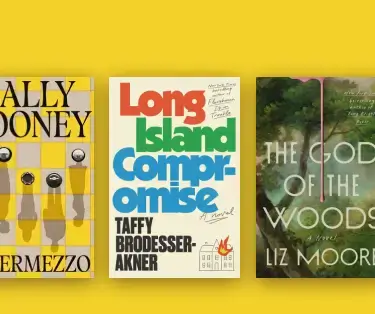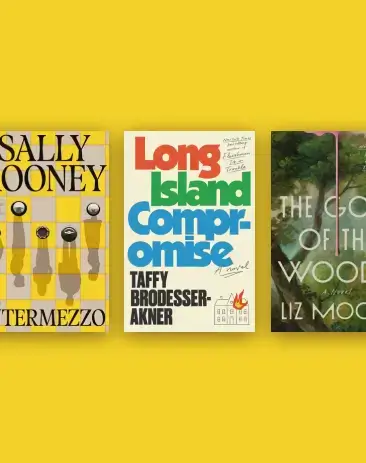The co-op bookstore for avid readers

Gilgamesh: A Verse Play
The first dramatic adaptation of Gilgamesh
Bringing new life to the world's oldest story, Yusef Komunyakaa and Chad Gracia have refashioned a classic Sumerian legend into a compelling verse play. In this ageless saga, Gilgamesh of Uruk, part god and part man, embarks on an other-worldly quest in search of immortality. This new version elaborates on the key themes of the story and weaves them into a vibrant and emotional new form. Wesleyan's edition of Gilgamesh is like no other and will take its place among the most powerful and engaging interpretations of this timeless tale.
Book Details
- Publisher: Wesleyan University Press
- Publish Date: Jul 1st, 2009
- Pages: 112
- Language: English
- Edition: undefined - undefined
- Dimensions: 8.20in - 5.40in - 0.40in - 0.35lb
- EAN: 9780819568250
- Categories: • Subjects & Themes - Religious• American - General
About the Author
YUSEF KOMUNYAKAA is a professor in the creative writing department at New York University. He has won the Pulitzer Prize for Poetry and been awarded the Ruth Lilly Poetry Prize. CHAD GRACIA is a theater producer, dramaturge, and consultant specializing in the geopolitics of the Middle East. He has edited six verse plays and writes extensively on theater.
Praise for this book
"In spare, stark language, Pulitzer Prize-winning poet Komunyakaa and dramatist Gracia create a 21st-century version of the ancient Middle Eastern tale Gilgamesh... (T)hese two writers have brought vigorous life to this ancient tale. Recommended for most collections."--Library Journal
"In spare, stark language, Pulitzer Prize-winning poet Komunyakaa and dramatist Gracia create a 21st-century version of the ancient Middle Eastern tale Gilgamesh... (T)hese two writers have brought vigorous life to this ancient tale. Recommended for most collections."--Library Journal
"Gritty, laconic, well-known poet Komunyakaa (who won a Pulitzer for 1993's Neon Vernacular) teams up with playwright and dramaturge Gracia for a compelling, short, stage-ready adaptation of the Sumerian epic that may be the oldest story in the world... Komunyakaa's short lines and taciturn bearing fit the gravity of the warriors' tragedy, and he strikes the right balance between contemporary directness and antique grace. Gilgamesh, once embarked on his quest for the flower, demands of one among its many guardians: 'Open the gate/ so I may confront the father of Grief.' If Komunyakaa's Sumerians lack the verbal polish and the philosophical ambition of, say, fellow poet Seamus Heaney's Greeks (found in his translation of Sophocles), this is a dramatic work of sinewy vitality, with a real hero who moves and breathes on the stage."--Publishers Weekly
"Lean, startling, a chiaroscuro renovation of one of the great inception-stories of human intimacy, loss, and survival--this Gilgamesh is fiercely brilliant in language and conception, uniquely stripped and centered for our own times."--Jane Hirshfield, author of After
"Unique, powerful, and beautifully succinct, this Gilgamesh is marked by Komunyakaa's personal style and vision. He and Gracia wipe the dust off of the old broken cuneiform tablets and make the characters in the epic come alive.""--Richard Cecil, author of Twenty First Century Blues
"Lean, startling, a chiaroscuro renovation of one of the great inception-stories of human intimacy, loss, and survival--this Gilgamesh is fiercely brilliant in language and conception, uniquely stripped and centered for our own times."--Jane Hirshfield, author of After


















